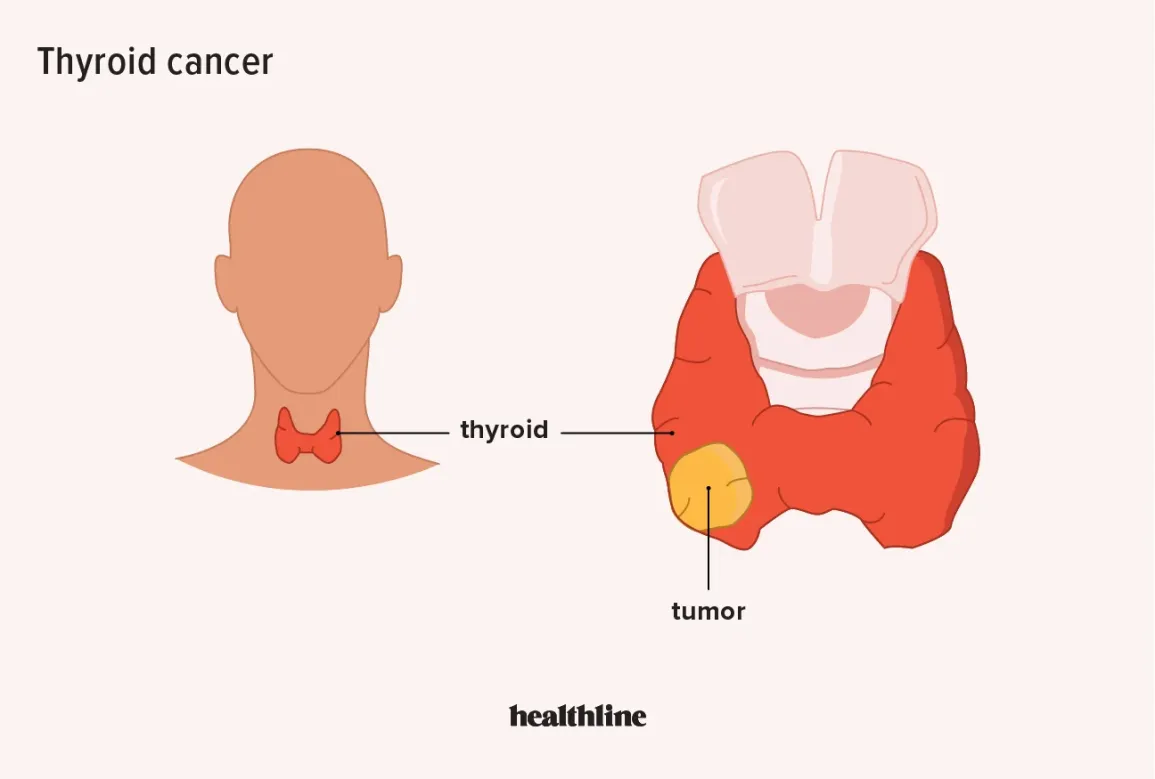Thyroid surgery treats conditions like thyroid nodules, cancer, or hyperthyroidism and is commonly performed by experienced ENT (Ear, Nose, and Throat) surgeons. While generally safe, any procedure carries some risks. Knowing these risks helps patients and healthcare professionals prepare and reduce complications. Here is an overview of the main risks linked to three thyroid surgeries: total thyroidectomy, hemithyroidectomy, and isthmusectomy.
Understanding Total Thyroidectomy Risks
An ENT specialist often performs a total thyroidectomy, which is the removal of the entire thyroid gland. Doctors typically recommend this procedure for conditions like thyroid cancer or severe multinodular goiter. This procedure carries common risks, including:
- Nerve damage: The laryngeal nerve controls the vocal cords and sits near the thyroid gland. Surgery can temporarily or permanently injure it, causing hoarseness, voice changes, or difficulty speaking.
- Hypocalcemia: Damaging or removing the parathyroid glands, which regulate calcium levels, lowers calcium levels in the blood. This condition causes symptoms such as muscle cramps, tingling sensations, or, in rare cases, seizures.
- Thyroid hormone therapy: After surgeons remove the thyroid gland, patients must take thyroid hormone therapy for life, as the body cannot produce these hormones without the gland. Doctors regularly adjust medication dosage during follow-up care.
Regularly monitor your health and communicate with healthcare providers to effectively manage post-thyroidectomy complications. You can maintain a good quality of life with proper follow-up care. Staying informed and addressing symptoms promptly encourages timely interventions and supports your ongoing well-being.
Managing Possible Hemithyroidectomy Risks
A hemithyroidectomy, or lobectomy, is a surgery that removes one lobe of the thyroid gland. It is usually done to treat benign nodules or conditions affecting only one side of the thyroid. While it is less extensive than a total thyroidectomy, there are still some risks to keep in mind.
One potential risk is unilateral nerve injury, which can damage the laryngeal nerve and affect the voice. Another possibility is thyroid dysfunction. Removing one lobe may result in low thyroid hormone levels, requiring hormone therapy for some patients. Regular check-ups after surgery are valuable for monitoring and addressing any of these issues.
Understanding Complications With Isthmusectomy
An isthmusectomy involves removing the isthmus, the small bridge of tissue that connects the two lobes of the thyroid. This procedure is generally performed for localized conditions such as small nodules or minimal disease in the isthmus. While it is one of the least invasive thyroid surgeries, there are still potential risks, such as swallowing discomfort, scar formation, and unintended tissue damage. Discuss any concerns with your surgeon before the procedure to understand possible risks and outcomes.
Supporting ENT Recovery and Minimizing Risks
Recovering from thyroid surgery requires collaboration between patients and healthcare providers. Scheduling follow-up appointments with your ear, nose, and throat surgeon is valuable for adjusting thyroid hormone therapy or addressing potential complications. Adhering to post-surgical care guidelines, including incision care and activity restrictions, will help you avoid infections and other adverse outcomes. Following a nutritious diet and staying hydrated can also support faster healing and overall recovery.
Moving Forward After Thyroid Surgery
Thyroid surgery transforms lives by relieving symptoms, improving quality of life, and addressing serious medical conditions. Skilled specialists perform procedures like total thyroidectomy, hemithyroidectomy, and isthmusectomy with high safety. Patients can make informed decisions and actively support their recovery by understanding potential complications. For advice on thyroid conditions or surgical planning, consult an experienced ear, nose, and throat professional.
- mylovelyfurryfriend discover expert tips on dog health
- Infectious Diseases Updates – Stay Informed, Stay Protected!
- Wegovy For Weight Loss – A Breakthrough in Managing Obesity!
- Emergency Medicine Forum – A Hub for Fast-Paced Knowledge, Support & Updates!
- Pediatrics Discussions – Insights, Challenges, and Expert Advice for Better Child Health!





Leave a Reply